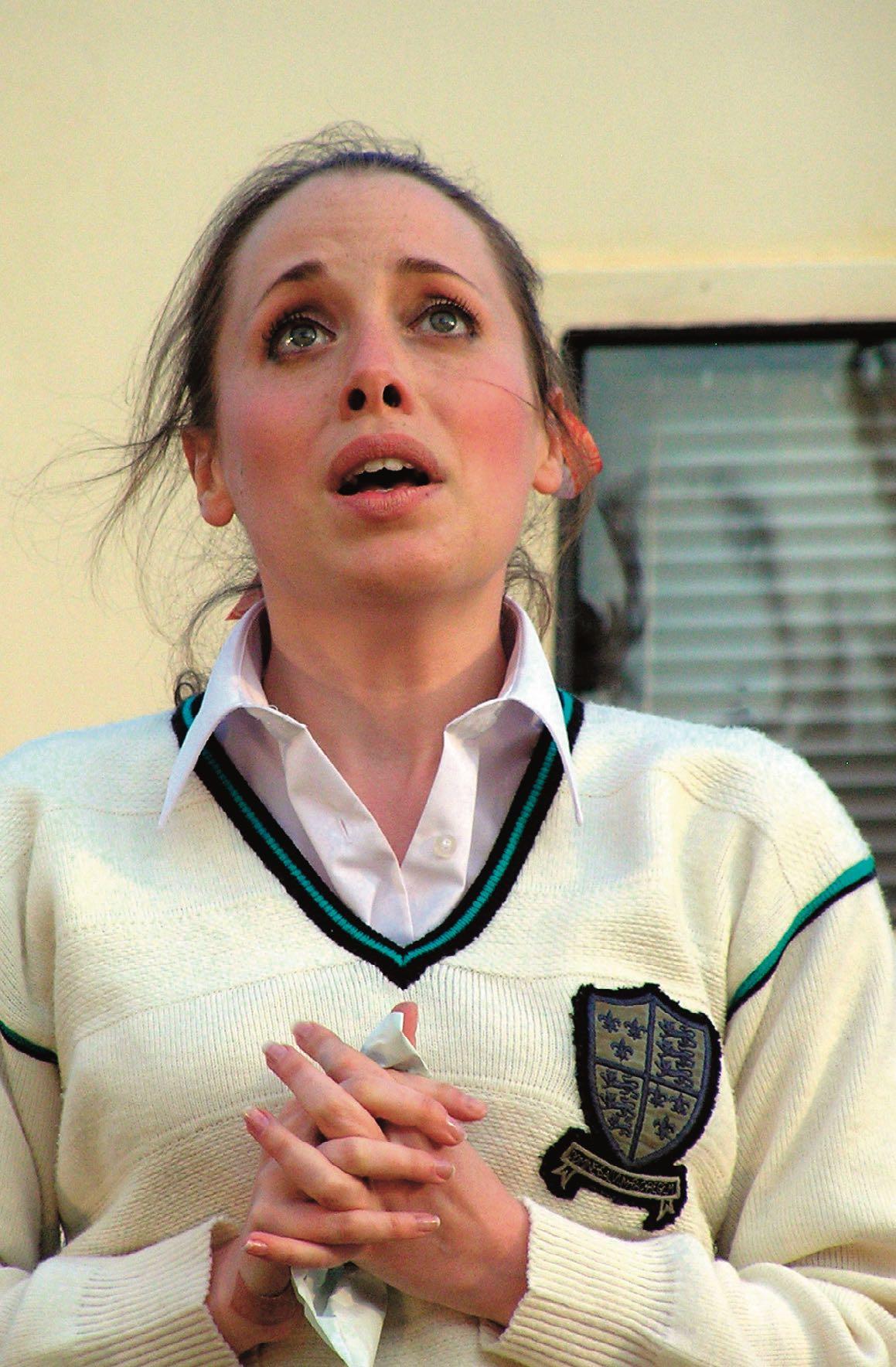
2 minute read
PLANNING
The Italian word opera means ‘works’ – and attempting to stage an opera certainly involves massive work, of the labour type. It usually takes about a year to plan a production and to raise necessary funds – a year inevitably punctuated by periods of stress, disappointments, relentless hard work and, ultimately we hope, joy. The motivation is the anticipation of performances which inspire, enlighten and – in often undefinable ways – enhance people’s lives.
The first task is the choice of opera – we mull over ideas for months, even years, as we sift through a shortlist of possibilities and assess what is feasible and affordable. Scale of the work, its length, vocal and orchestral forces required, scenic demands, entertainment value, story-line, and of course musical quality and interest are all criteria to be considered. The starting point is usually our bookshelves, especially the Viking Guide to Opera and the Groves Encyclopedia of Opera. Because Bampton specialises in rare operas, these are often unpublished: we have had to drop many a choice because of the difficulty of tracking down any music. We may need to organise a musical edition to be laboriously transcribed, perhaps from a manuscript – for example Gluck’s Philemon and Baucis (we gave the UK première in 2016) was set from a manuscript in the Royal Academy of Music. A notable project was Marcos Portugal’s The Marriage of Figaro which had been unperformed anywhere since its Venice première in 1800. For this we collaborated with Dr David Cranmer, an English musicologist in Lisbon who, with his university students, was engaged on a long-term project to edit operas by this little-known composer. In 2023, our UK première of Salieri’s At the Venice Fair is possible through a collaboration with Dr Rüdiger Thomsen-Fürst of the Forschungszentrum Hof-Musik-Stadt, Schwetzingen, Germany, who has provided us with the recently edited score.
Advertisement

Once we have the music, then the long task of translation begins. Other than in the occasional concert we have always performed in English, which is certainly appreciated by our regular audiences. Making a ‘translation’ surprisingly doesn’t really require advanced language skills, but it does need understanding the meaning, and having a feel for musical meter; to understand about singing is possibly more important than an in-depth knowledge of the language. We start from a literal English translation of the original text (which may be in Italian, German or French) and turn it into a singing one, keeping an eye on the fit of the text and music, word stresses, vowels and whether what we have written is actually singable, and trying to include a good dose of humour if appropriate. A rhyming dictionary is much used. It all gets easier with practice!

With the translation completed, it is written into the master copy of the score, which is then copied for singers. Orchestral players receive their own ‘part’, once these have been marked up in pencil with bowing indications for the strings, and expression and other instructions, a task for the conductor and the leader (the principal violin). The director, assistant director and stage manager will have their own copies of the score, which are carefully marked up as rehearsals proceed, with ideas and instructions.


“Gray and French’s English libretto tempers irreverence with real affection, pitching this gossamer comedy just right for a contemporary audience, and giving their young cast plenty to work with.” (The Spectator)

“Gilly French’s often wry and deliberately glib rendering of the text” (Classical Source)
“Gilly French’s witty and ingenious English translation, perfectly audible in the open air” (The Spectator)
Audience comments on Fool Moon, 2022: “Probably the best yet in terms of fun and translation!” - “It was absolutely wonderful, especially the rhymes… your best yet” - “…absolutely brilliant. Never enjoyed an opera more… fabulous translation”










